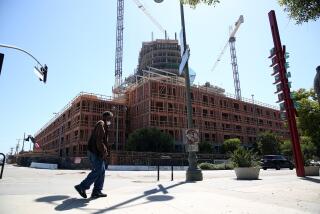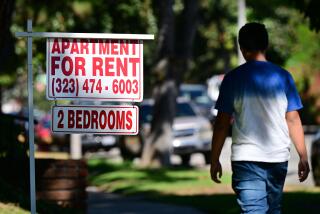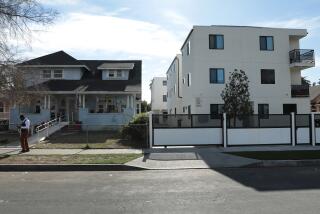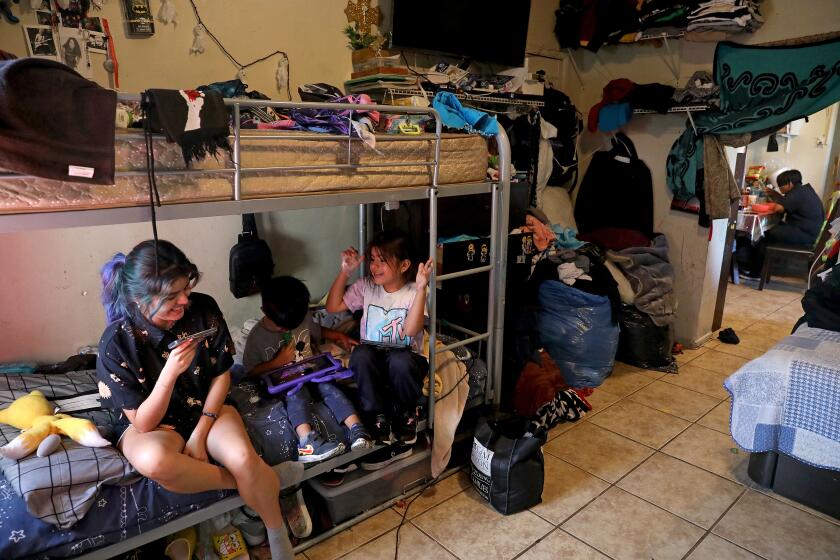Parking, local opposition add to affordable housing costs, study finds
Community opposition, design changes and parking are among the factors driving up the cost of building affordable housing in California, according to a report released this week by several state housing agencies.
A yearlong study by four agencies that finance and oversee affordable housing found that the average apartment built with low-income housing tax credits in California from 2001 through 2011 cost $288,000, with a variety of factors contributing to push that up.
Projects that faced significant community opposition saw their costs go up by 5%, the study estimated. Changes mandated by local design review added an average of 7%. And underground or podium parking added 6% to the cost of projects. Projects that received funding from local redevelopment agencies also tended to cost more.
Higher-quality construction and energy-efficiency requirements also added to the cost, the study found, though it noted that in some cases those factors would save money over time. Larger projects, those built by larger developers and apartments for senior citizens tended to have lower costs per unit.
The study did not measure land costs, which can vary widely depending on location, site conditions and how a site is acquired. But it found that costs per unit were highest in San Francisco and lowest in the northern part of the state. The average unit cost $315,000 in Los Angeles County and $249,000 in Orange County. It also found that the cost per unit has fallen since the mid-2000s, when the housing bubble drove up the cost of financing and construction. But the study ended with buildings launched in 2011, and it’s unclear if the recent recovery is driving up prices again.
The report comes as California grapples with a massive affordable housing shortage. Los Angeles County alone needs nearly 500,000 more units to meet the area’s need, according to a report earlier this year from the Southern California Assn. of Nonprofit Housing. Meanwhile state and local funding to develop affordable housing has declined in recent years.
The state and federal Low Income Housing Tax Credit Program -- which contributed $160 million to 113 projects around the state last year -- is one of the largest pools of money available to fund affordable housing in California. The study was designed to find ways to make it more efficient.
Keep an eye on housing and real estate in Southern California. Follow me on Twitter at @bytimlogan







